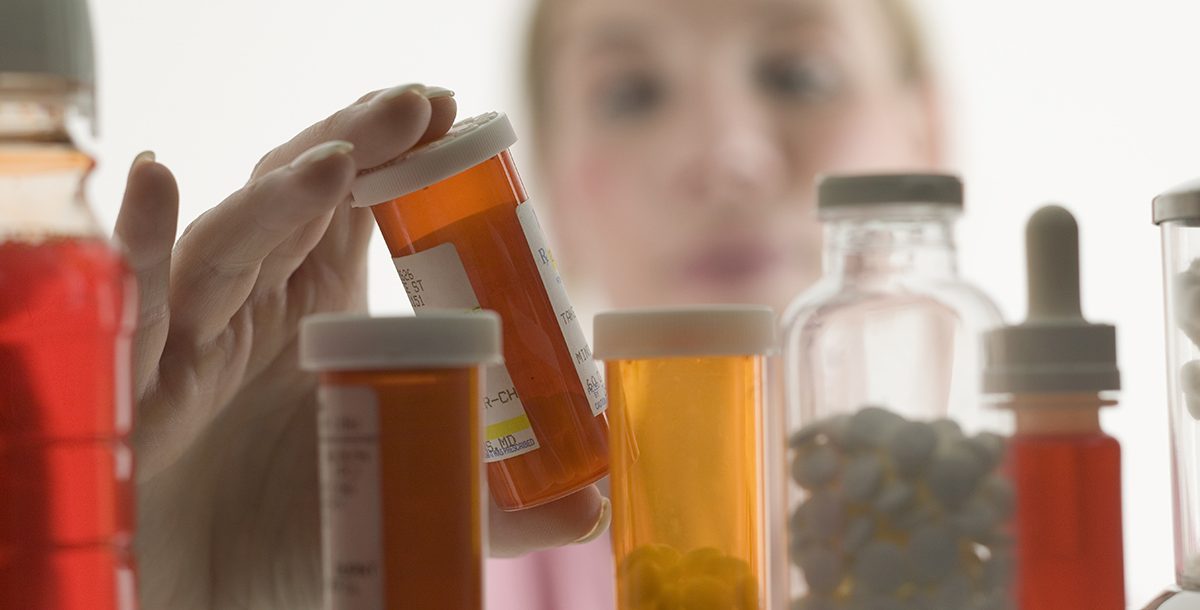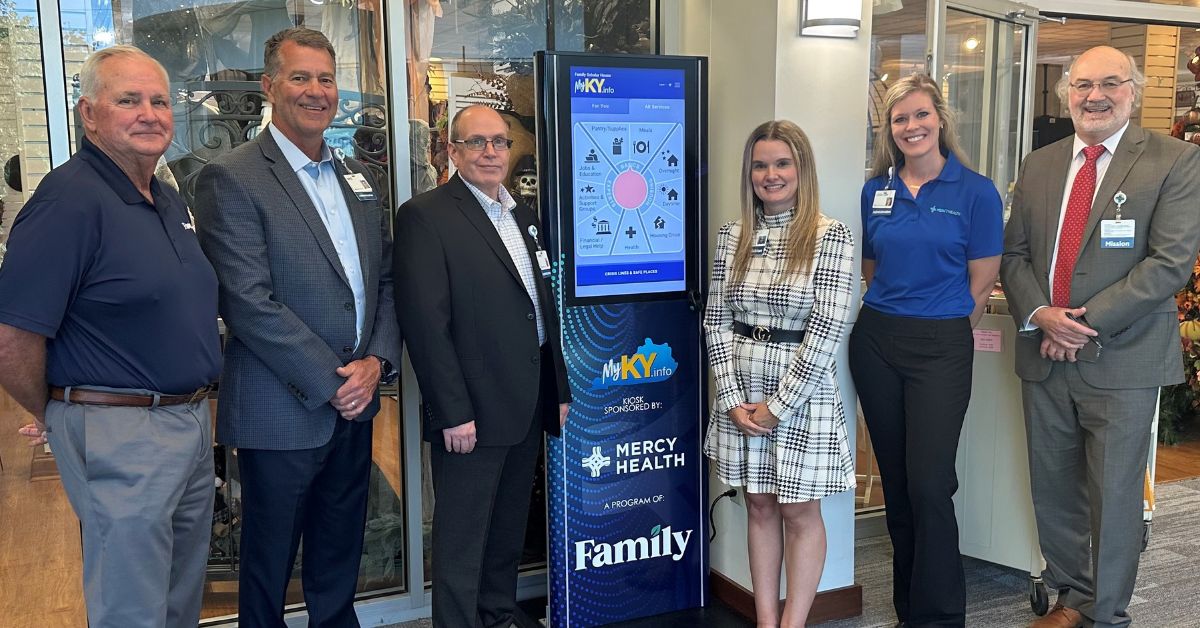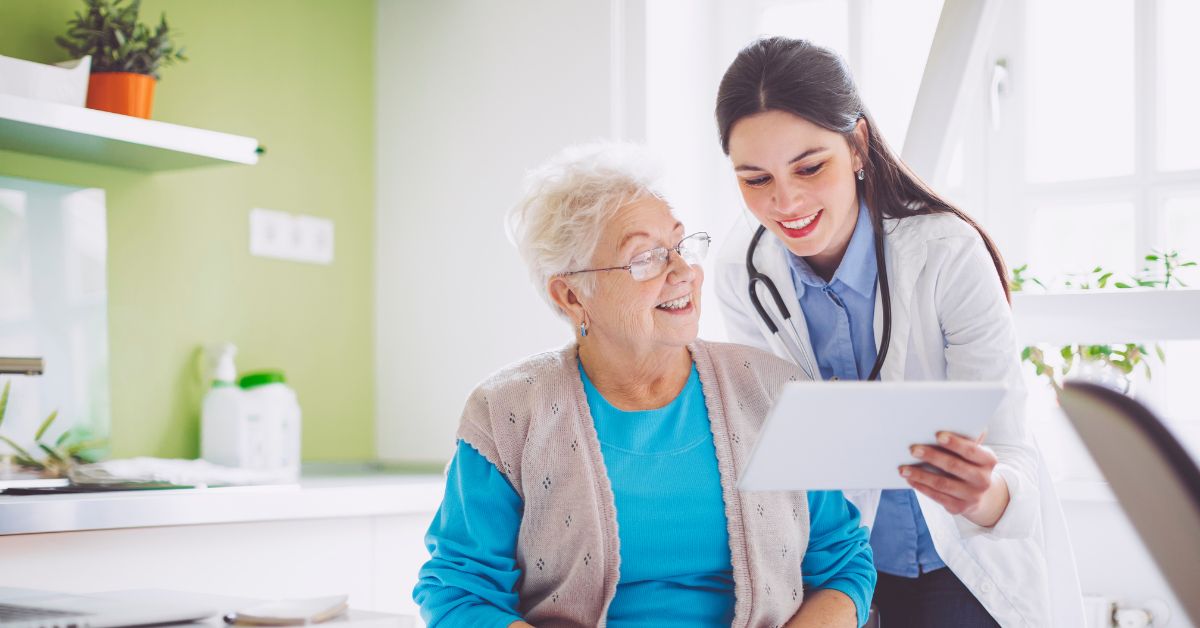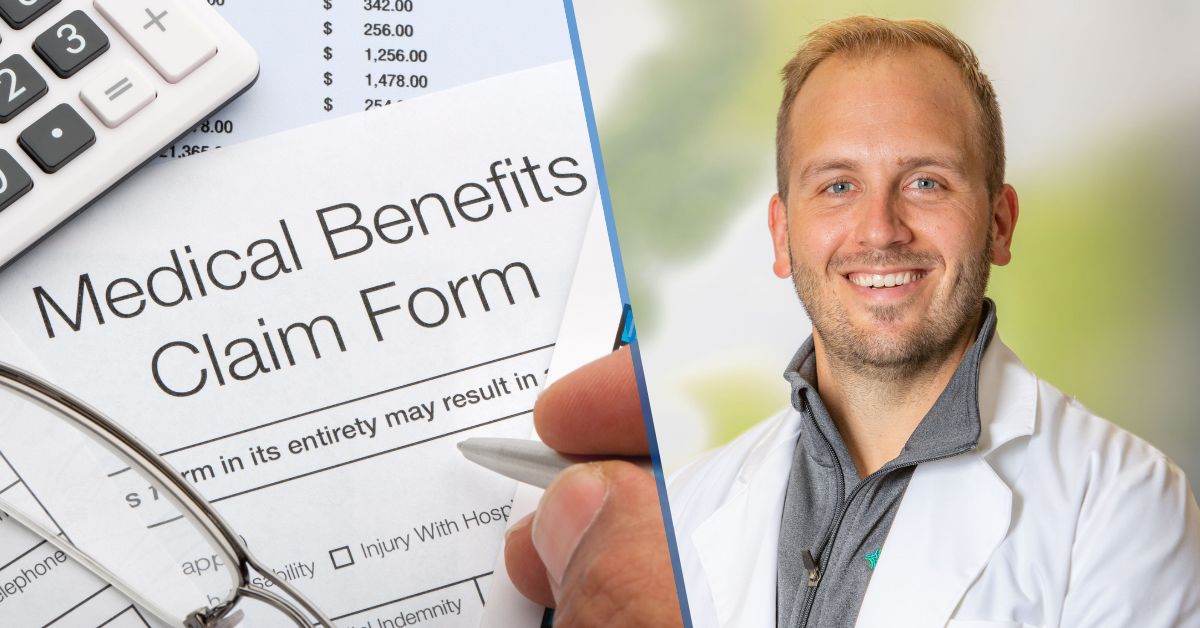It is always the perfect time to clean up and dispose of your unused or expired medicines.
The Ohio State University Wexner Medical Center and Mercy Health, as part of our strategic initiative Healthy State Alliance, have partnered together to raise awareness of the importance of safely disposing of your prescription medication.
It’s fairly common for families to keep any remaining prescription medicine after use. While the reasons can vary from wanting to store them for a later date to forgetting to dispose of the medication, parents don’t always fully understand the dangers of keeping prescription medicine.
What are the dangers of keeping prescription medicine?
According to the National Institute of Drug Abuse, 4.9% of youth ages 12 to 17 have reported nonmedical use of prescription medication in the past year. Access to these drugs is often a result of prescription medication, especially pain medicine, being found in the medicine cabinets of family and friends.
One of the best ways to keep your children safe from prescription medicine is to never bring it in the home and when necessary, dispose of it properly and quickly.
Many pharmacies and health systems, like The Ohio State Wexner Medical Center and Mercy Health, are trying to make it easier for patients to dispose of any unused medication. This includes providing drug deactivation bags with any opioid prescription and exploring alternative options for pain management following surgery.
What can you do to keep my children safe?
If you’ve received specific disposal instructions from your doctor or pharmacist for your unused or expired medicine, follow those instructions.
To help keep your home safe, the National Institute on Drug Abuse suggests:
- Put your medicines in a safe place so that others can’t take them. You might want to lock them somewhere.
- Get rid of medicines when you don’t need them anymore. You can take them to a local “drug take back event” when your community has one.
- Mix the drugs with things like dirt, cat litter or used coffee grounds and throw them out in your trash.
- Flush the drugs down the toilet. The Federal Drug Administration has created a “flush list” of medications. These include drugs that are sought-after for their misuse and/or abuse potential, or that can result in death from one dose if inappropriately taken.
- Keep track of cleaners, spray cans and other items in your house that people can inhale to get high. Keep these out of reach of children and young adults.
Throughout the year, you can find a drug take back locations near you here.
This article was written with help from Julie Teater, a psychiatrist and medical director of addiction medicine at The Ohio State University Wexner Medical Center as well as an associate professor at The Ohio State College of Medicine, and Carson Felkel, system medical director for behavioral health at Bon Secours Mercy Health.






